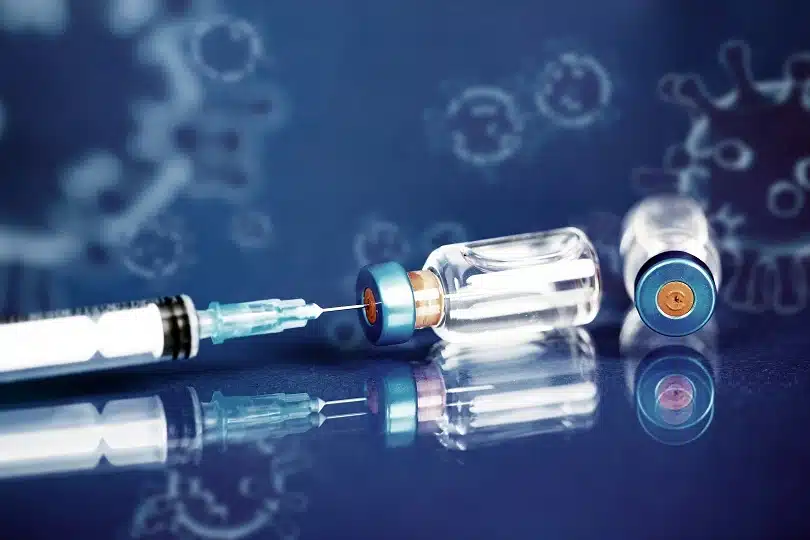What if the vaccine causes coronavirus infection? Do Indians really need it? Aren’t immunity boosters and herd immunity good enough?
The pandemic has brought along a tsunami of misinformation and unscientific ideas. Every new myth, right from COVID-19 being a ‘conspiracy’ to foods being labelled as ‘immunity boosters’, has further fuelled the anxiety and fear.
The development of vaccines shows that there is light at the end of the tunnel. Sadly though, the COVID-19 vaccines have also been hit by waves of misinformation. Here’s an attempt to debunk the most popular myths about the much-awaited vaccines:
#1 ‘Immunity boosters’ are as good as vaccines
Several medicines, like the homeopathic Arsenicum Album D30, have claimed to provide immunity against the novel coronavirus. What’s more, a whole range of foods, like papads, bread and drinks like teas, oils and honey, branded as ‘immunity boosters’ are making good business.
The truth is that no food, drink or spice has proved to provide protection against COVID-19. The only way a person can be ‘immune’ to any disease is either by contracting the disease itself or by getting vaccinated.
#2 Indians may not need a vaccine
The initial claim that Indians have better immunity and hence the number of cases in India are low has been put to rest by the ever-growing number of COVID-19 cases and deaths in the country. However, the high recovery rate and falling death rate have led to dubious theories that Indians may not really need a COVID-19 vaccine.
The truth remains that Indians need the vaccine as much as every other person in the world. Even though the disease may not be as severe in India as it has been in some parts of the world, it is fatal. Additionally, people with mild or no symptoms are spreading the infection. We are just beginning to understand the long-term effects of the disease in people who have recovered.
#3 The vaccine may cause COVID-19
A vaccine consists of either a weakened or inactivated whole virus, or a part of the virus. Vaccines educate our immune system to fight, in case the body is exposed to a live infectious virus. Thus, vaccines help prevent infectious diseases.
When a vaccine is designed, researchers meticulously test it first in lab-grown cells, followed by laboratory animals. This is preclinical testing. Later, they are tested in humans, in four clinical phases in which safety is of paramount importance. If at any stage, the vaccine itself causes the disease, it is no longer tested and researchers consider redesigning it. So, a vaccine is approved for human use only after testing its safety, immunogenicity, and efficacy in the pre-clinical and clinical trials. With every vaccine, there is a likelihood of minor side-effects. Reinfection because of a vaccine, however, is unlikely.
#4 Herd immunity will end the pandemic
Herd immunity or community immunity sets in only after a sufficiently large population is infected. That also comes with a huge cost as a ‘sufficiently large population’ also includes senior citizens, people with comorbidities, pregnant women, and any person with a vulnerability due to an underlying disease.
While a high seroprevalence in some cities like Pune, Mumbai, and Delhi has been reported, it does not conclusively indicate ‘herd immunity’. Several studies on herd immunity are underway. It is too early to say if and when herd immunity will end the pandemic.
The good news is that vaccines, which usually take several years in development to get ready for human use, are going to be available for COVID-19 within a year of the pandemic hitting us. However, it is important to take all possible precautionary measures until everybody gets vaccinated.
(The author is a science educator and member of Health Analytics Asia’s First Check as well as the Indian Scientists’ Response to COVID-19 team, with the Hoaxbusters’ group.)


















Add Comment